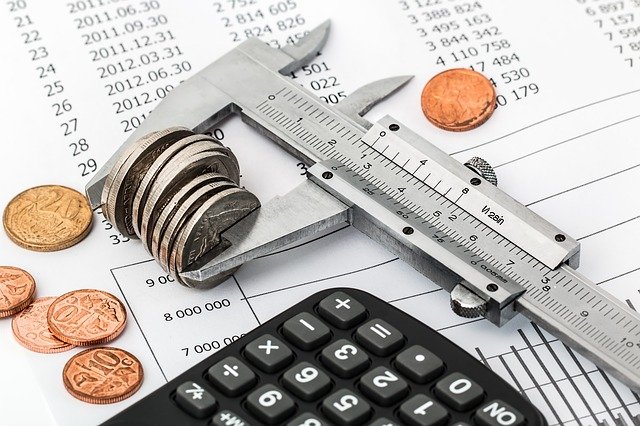A debt consolidation loan combines all of your existing loans into one loan with a low-interest rate and a low payment. Additionally, a debt consolidation loan has more benefits in that customers go from making many payments to several creditors a month to making one payment to one creditor monthly. This can importantly reduce stress and streamline the repayment procedure. Customers can accomplish consolidation loans in many ways, depending on their individual situations, the amount of their debt, and their credit score.
Do debt consolidation loans hurt your credit?
Each debt affects your credit score either negatively/positively. While good financial management is the best reason to apply for debt consolidation, bear in mind that if you apply for one, it’ll leave a mark on your credit rating. However, once you consolidate and begin paying off your debt regularly, it can positively affect your credit score. Ensure that you will not miss out on any of your repayments, so that debt consolidation doesn’t end up more hurting your credit score. Debt consolidation does have its advantages when you’re looking for an option to work many debts into one payment plan. However, seek advice from an expert and shop around for opportunities and compare alternative methods of paying off your debt before making a final decision.
Debt consolidation can hurt the credit score if you:
- Continue to make charges on your credit cards after you pay off your balances. (Any gain from reducing your credit use will go away rapidly when your balances go up again)
- You are 30 days (or more) late on making your payments on the debt consolidation loan. (Payment history is one of the big factors of your credit score)
- You apply for loans for which you can’t qualify. (several credit inquiries in a short period can low your score)
- There are ways a debt consolidation loan may help your credit score. Your score can improve if:
- You are on time with your consolidation loan payments monthly. (Paying your debts on time has a great influence on your credit score)
- You are capable of removing your balances or reduce them to less than 30 percent of your credit limit on the card. (The ratio of credit used to credit available is your credit use, which has a profound impact on your credit score)
- You are capable of diversifying your lending profile, meaning taking a loan, like a personal loan, that is different from having credit card accounts. (Having different types of credit may help your credit score)
- You have changed your spending habits and made a commitment to not accumulating more debt.
Debt consolidation may help you low your every month’s payment and help improve your credit, but if you stick to a plan to pay down your debt. If you have higher interest credit card balances on multiple accounts, making every month’s payments can be so difficult that you cannot afford the things you need or want much less to save any money. It may stress you out. In this condition, debt consolidation may be a smart decision. But before you get began, let us understand how debt consolidation loans can hurt your credit scores.
New credit applications
The first possible damage to your credit scores can occur before you even consolidate: When you apply for that personal loan or balance transfer credit card, the lender will perform a hard inquiry on your credit, which will low your credit scores by some points.
New credit account
Opening a new credit account, like a credit card or personal loan, temporarily lowers your credit scores. Lenders look at new credit as a new risk, so your credit scores have a more temporary dip when taking out a new loan.
The lower average age of credit
As your credit accounts get very old and show a positive history of on-time payments, your credit scores rise. Opening a new account adds a new newest account and lowers your average account age and may low your scores for a while. But it’s not all bad. Here are a few positives for your credit scores from a debt consolidation:
Lower credit use ratio — This ratio, a measure of how much of your available credit you are using, may fall when you open your new debt consolidation account because it’ll increase your available credit. Lower credit use may counter some of the negative effects of opening a new account.
Improved payment history — It’ll take some time, but if you make payments on your new loan on time you can see your credit scores slowly increase. Your payment history is the big factor in your credit scores, so you need to try to pay on time.

